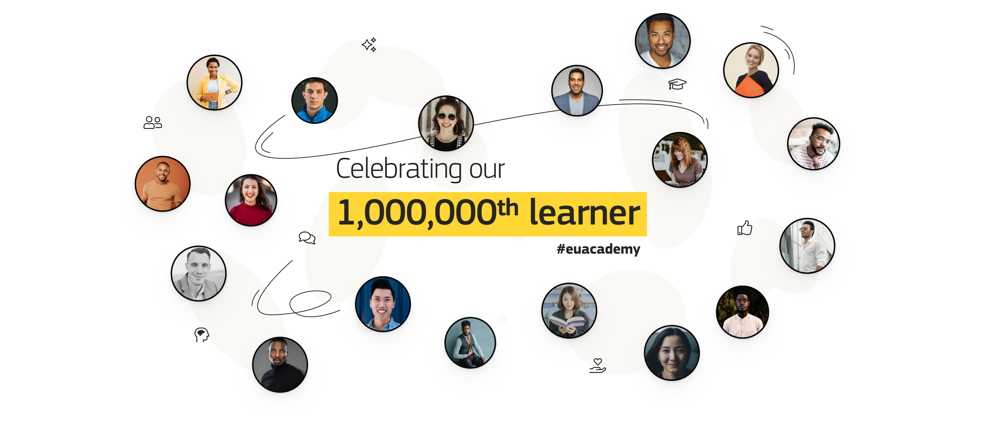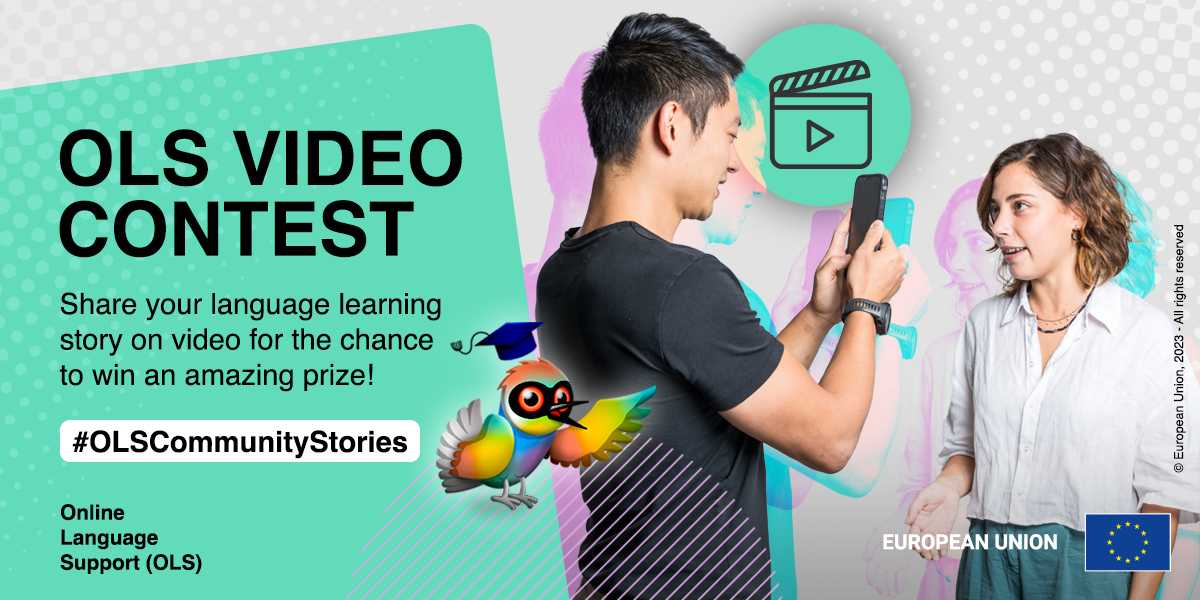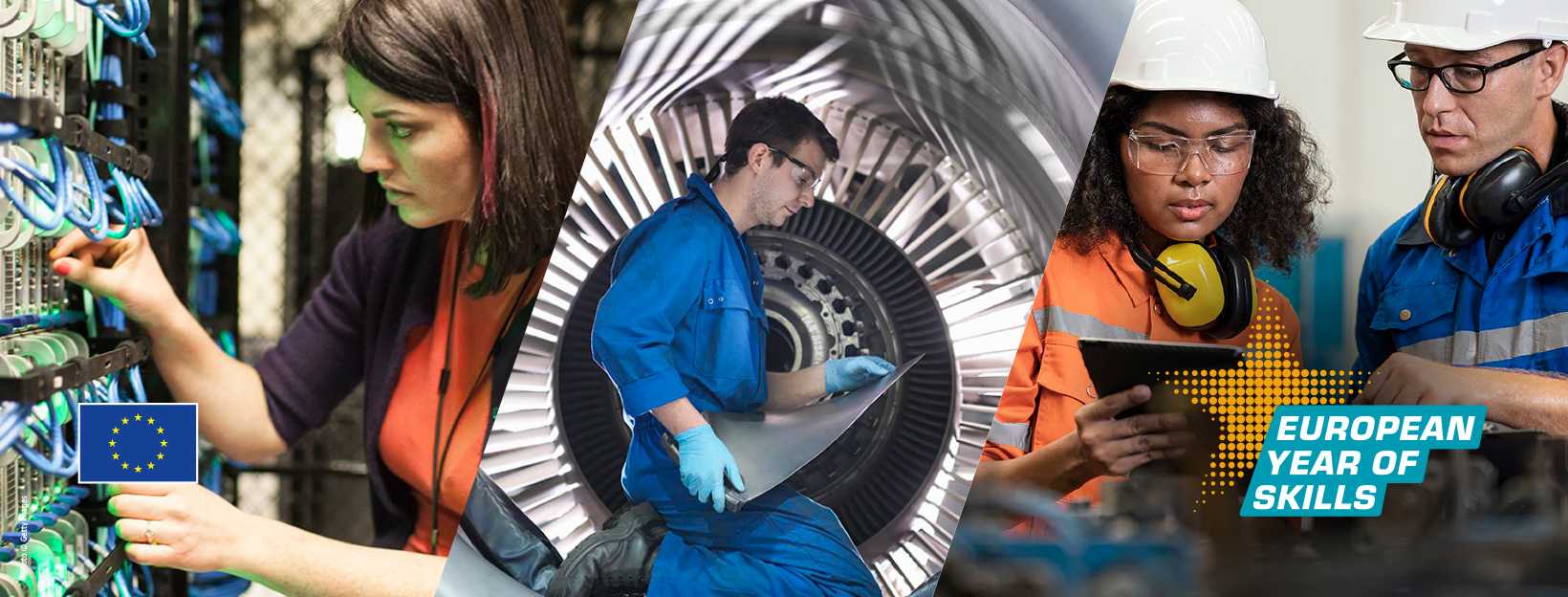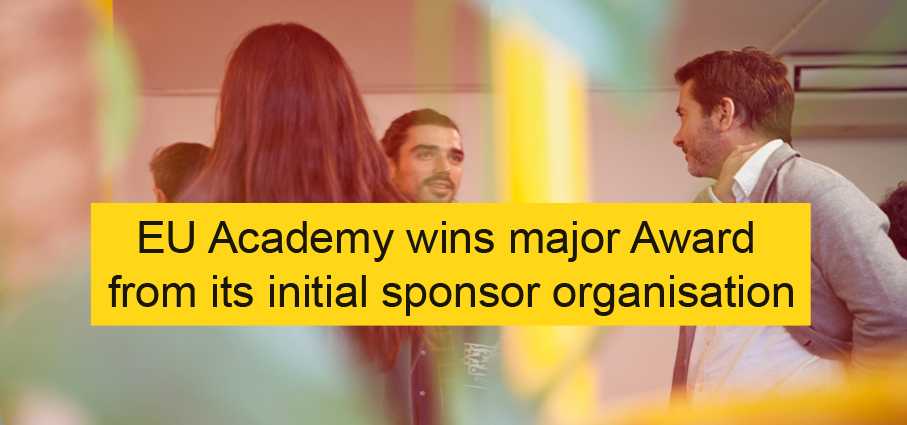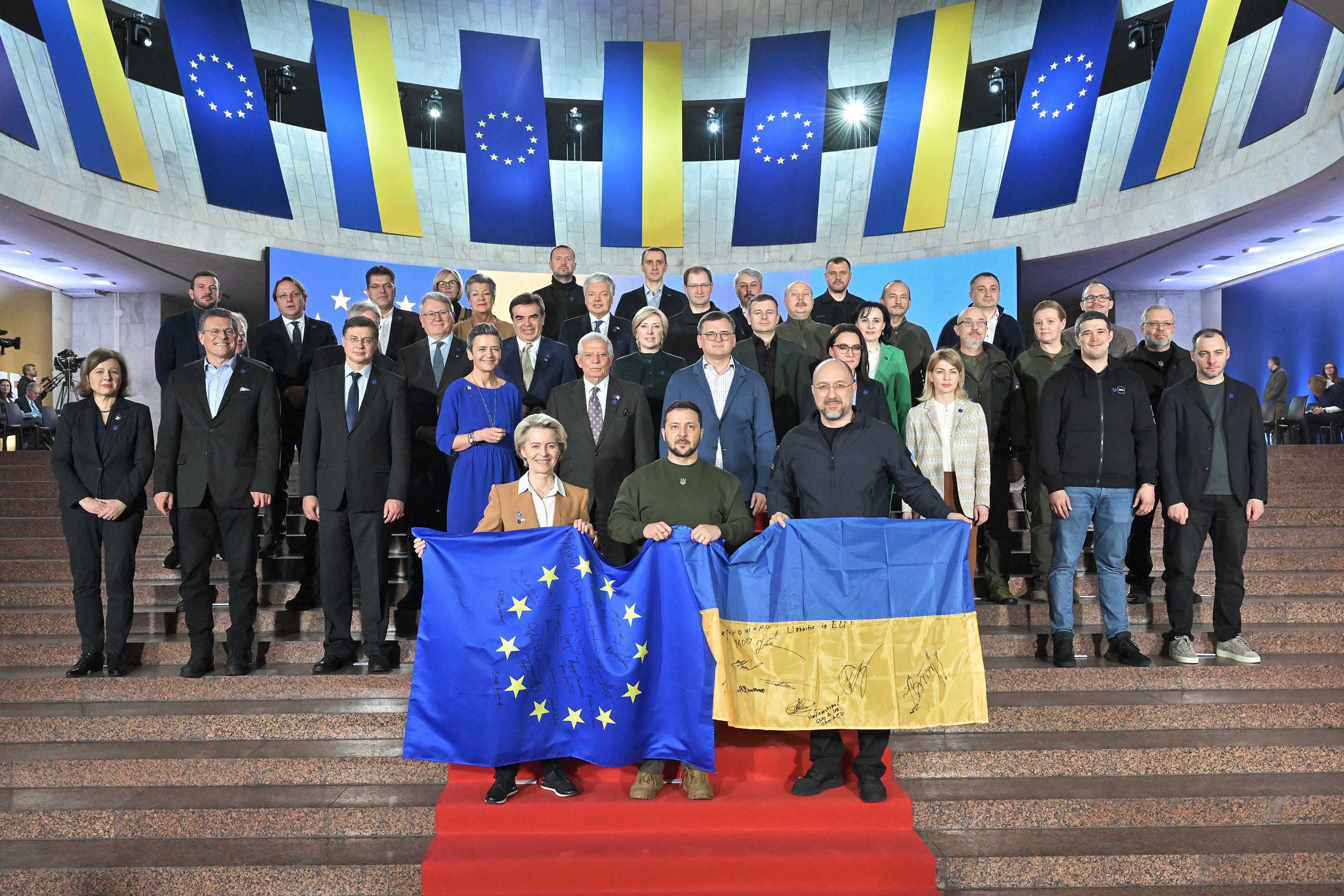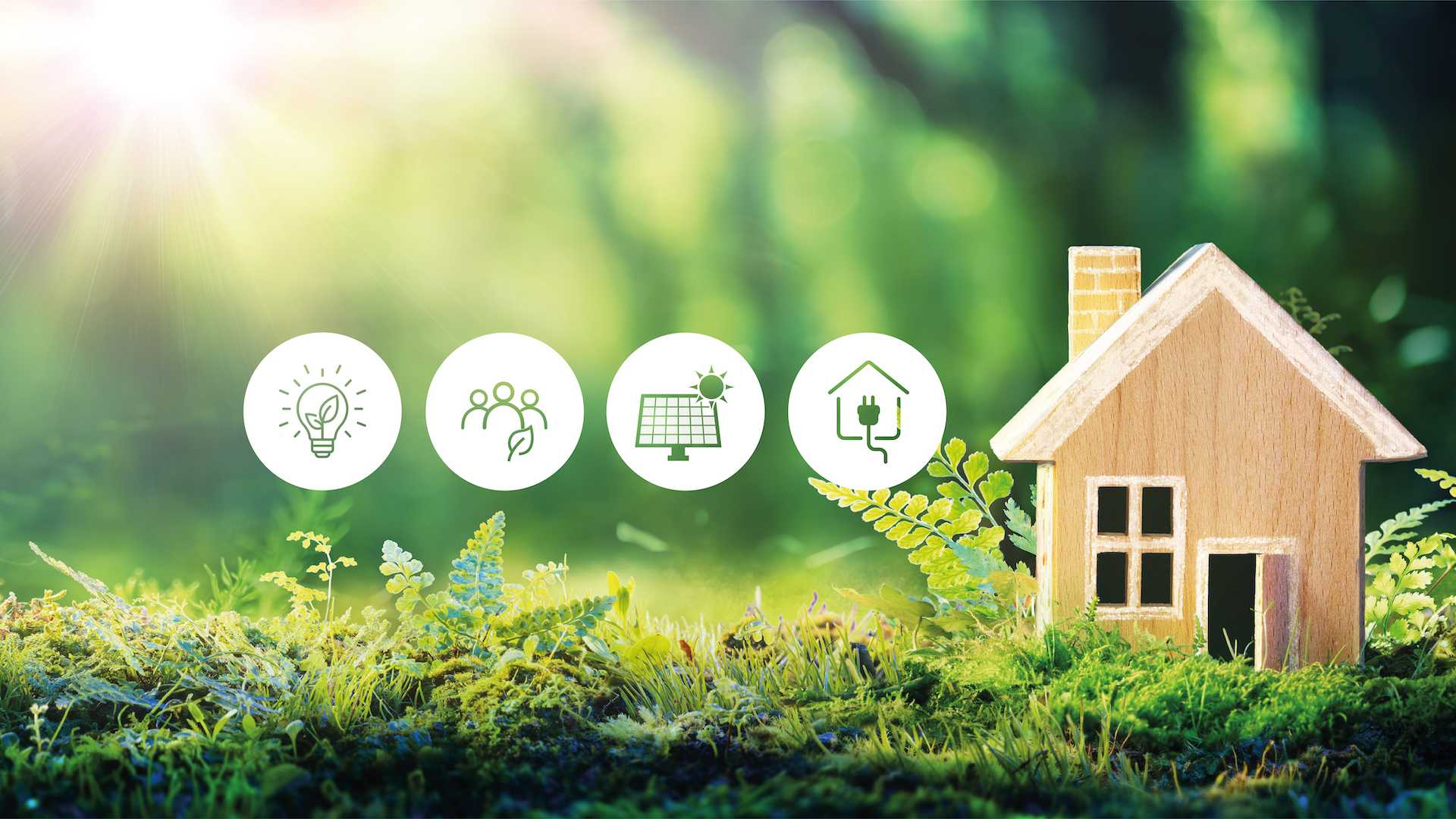
Complementing the existing collection of courses available on the EU Academy, the course 'Energy: First Grid Position in the Race to a Greener Future' demonstrates how energy is woven into the fabric of life and how its production, distribution and consumption greatly affect the environment.
Have you ever wondered how solar panels work, what implication excessive energy consumption has on the environment or if the new power LEDs really make a difference to your electricity bill? The free Massive Open Online Course (MOOC) “Energy: First Grid Position in the Race to a Greener Future” has the answers to these and many other questions, backed by the European Commission’s Joint Research Centre’s (JRC) scientific expertise.
Complementing the existing digital collection of scientific material produced by the Joint Research Centre that is available on the EU Academy, this new course demonstrates how energy is woven into the fabric of life and how its production, distribution and consumption greatly affect the environment.
The e-course’s modular content encompasses short videos, quizzes and practical activities and showcases proven practices, technologies and policies that are tasked with helping our society transition to a climate-neutral and resilient economy. In the course, users will familiarise themselves with simple, yet powerful, daily actions that are friendlier to the environment, discover the potential of solar energy and identify the benefit of nearly and net zero-energy buildings.
As for its sister e-courses, “Energy: First Grid Position in the Race to a Greener Future” stems from a collaboration between the Joint Research Centre and teachers to ensure sound scientific knowledge is reformulated appositely for students, making it an excellent add-on to any school programme covering the topic. Further courses in the series, related to alien invasive species and soils, can be found on the EU Academy.
The e-course is available in English, French, Italian, German and Dutch.
Complementing the existing digital collection of scientific material produced by the Joint Research Centre that is available on the EU Academy, this new course demonstrates how energy is woven into the fabric of life and how its production, distribution and consumption greatly affect the environment.
The e-course’s modular content encompasses short videos, quizzes and practical activities and showcases proven practices, technologies and policies that are tasked with helping our society transition to a climate-neutral and resilient economy. In the course, users will familiarise themselves with simple, yet powerful, daily actions that are friendlier to the environment, discover the potential of solar energy and identify the benefit of nearly and net zero-energy buildings.
As for its sister e-courses, “Energy: First Grid Position in the Race to a Greener Future” stems from a collaboration between the Joint Research Centre and teachers to ensure sound scientific knowledge is reformulated appositely for students, making it an excellent add-on to any school programme covering the topic. Further courses in the series, related to alien invasive species and soils, can be found on the EU Academy.
The e-course is available in English, French, Italian, German and Dutch.

